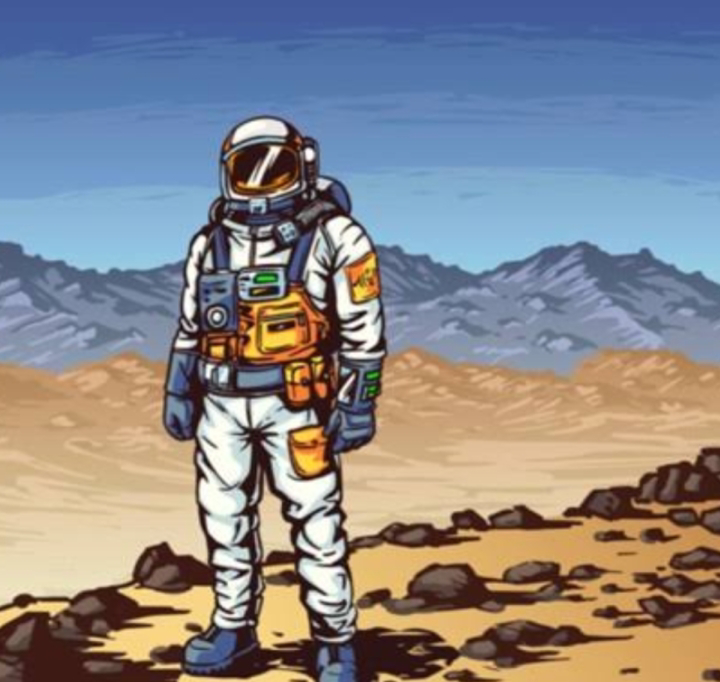As explorers, humans have always sought to push the boundaries of what’s possible. From the earliest days of human civilization, humans have ventured into the unknown, driven by curiosity, thirst for knowledge, and a desire to claim new territories.
One of the most intriguing and challenging frontiers of human exploration today is the red planet. Mars, our nearest neighbor in the solar system, has captivated human imagination for centuries. It is a planet that some say is similar to Earth in many ways, with a similar day-night cycle and relatively moderate temperatures. So why haven’t humans colonized Mars yet?
The answer is complex, and there are many factors that play into it. However, one of the main reasons why humans have not yet colonized Mars is simply that the technology and resources needed to make it happen are beyond our current capabilities.
First and foremost, Mars is a harsh and unforgiving environment, with a thin atmosphere that provides little protection against cosmic radiation, extreme temperature swings and dust storms that can last for weeks or even months. To survive on the planet, humans would need to build pressurized habitats that could maintain breathable air, water, and food supplies.
In order to do so, we would need to develop new technologies and innovative techniques to sustain and maintain human life in such a hostile environment. The cost of developing such technologies and building the necessary infrastructure to support a colony on Mars would be astronomical, requiring a tremendous amount of time, effort, and resources.
Another significant challenge to colonizing Mars is the distance between the two planets. It takes anywhere from six to eight months to travel from Earth to Mars, depending on the orbital alignment of the two planets. This presents a range of challenges, including the need for enough fuel and supplies to sustain the crew during the long journey, as well as the need to ensure their health and safety during the trip.
Once on the surface of Mars, crews would need to be able to sustain themselves for long periods of time, possibly years at a time. This would require them to be able to grow food and recycle waste products, as well as continually repair and maintain their equipment, all while dealing with the harsh and inhospitable Martian environment.
The political and economic considerations of colonizing Mars are also significant. There is currently no incentive for any country or private entity to invest in such a costly and risky venture. The cost of mounting such a mission would likely be in the billions of dollars, and there are no guarantees of success.
Additionally, the current geopolitical climate and the economic priorities of governments and private companies currently make a mission to Mars a low priority. There are many other pressing issues facing humanity, including responding to global pandemics, addressing climate change, and ensuring economic stability.
Given all these factors, it is no surprise that we have not yet colonized Mars. However, this should not discourage us from continuing to explore this amazing planet. In fact, many scientists and researchers are already hard at work studying Mars and developing the technologies and techniques that will be needed to make human settlement possible.
In conclusion, humans have not yet colonized Mars because of the challenges involved in developing the technologies and resources needed to sustain human life on such a harsh and distant planet. However, we should remain optimistic about the future of Martian exploration, and continue to invest in research and development that can help make human settlement of Mars a reality in the not-too-distant future.

Comments
Post a Comment